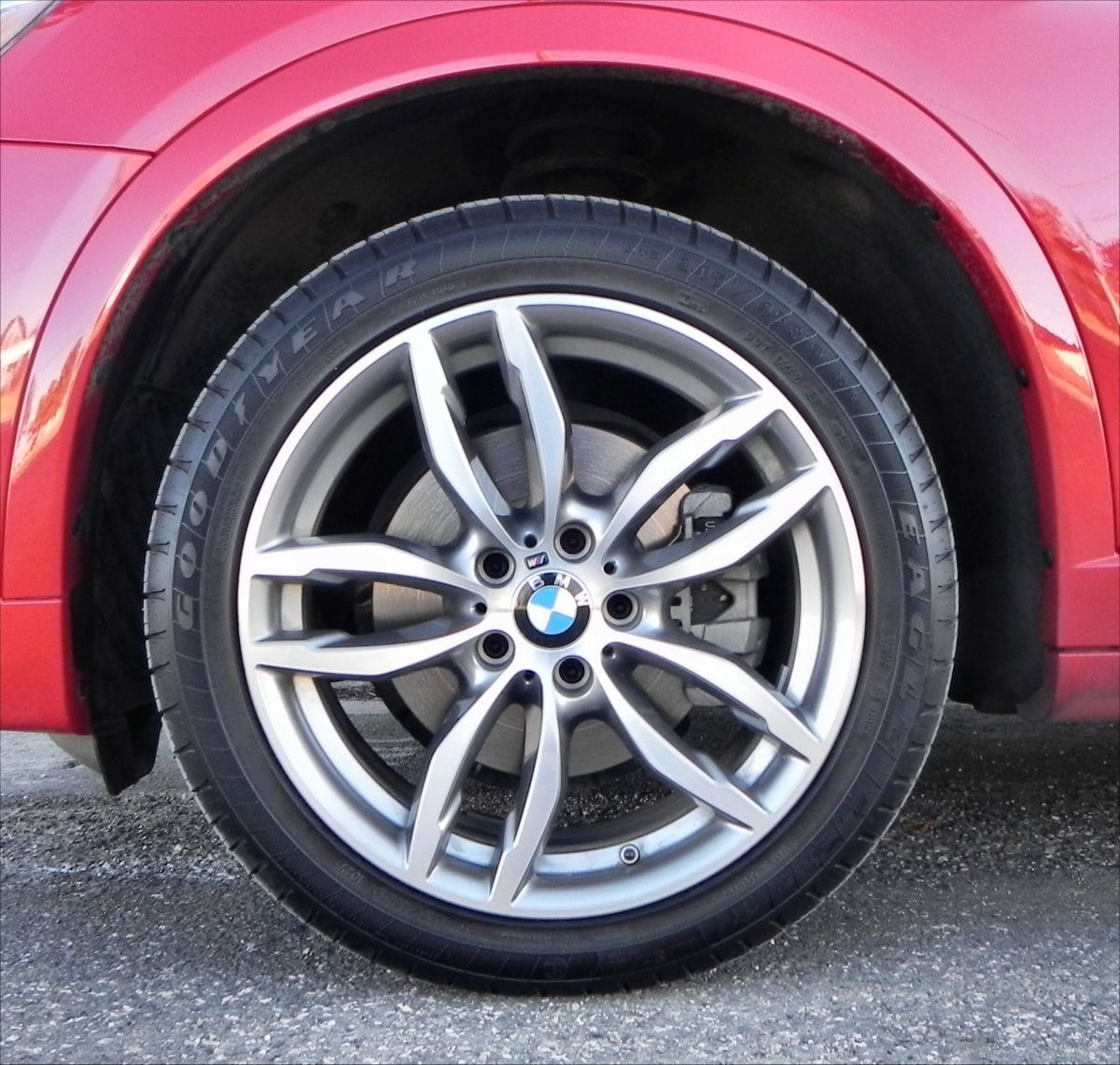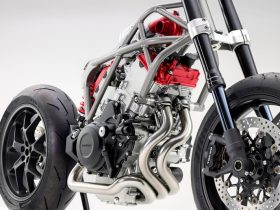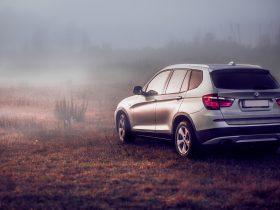Cars, in general, are simple machines. The internal combustion engine, for example, may have been tweaked in favor of efficiency and power, but the basic concept hasn’t really changed in the 100 or so years since it became mainstream. Newer cars, on the other hand, are becoming anything but simple, with the addition of computer controlled everything.
With the added convenience of being able to start or unlock your car with your smart phone or tune in to your very own personal car-based Wi-Fi signal comes the inevitable danger that your car will be hacked. Experts have started looking into the possibility of car hacking and have discovered some very concerning red flags.
DefCon 2015
At last year’s Defcon, the longest running hacker’s convention, two experts in the field were able to demonstrate how to take over a Jeep, though they were miles away from the car. The scary part of this demonstration is the type of changes that they were able to make. In many cars, hackers are only able to access the entertainment system and the air conditioning, or maybe in rare cases, the door locks.
Jeep’s hackable systems included the brakes and the transmission.
While this was only a demonstration, and a Wired reporter was driving the hacked vehicle, the implications are downright terrifying.
The security vulnerabilities in Jeep’s programming were quickly fixed after the DefCon demonstration, but as the integrated systems in new cars get more and more advanced, it won’t be long before more of these back doors and security holes start showing up.
Hacking a Tesla
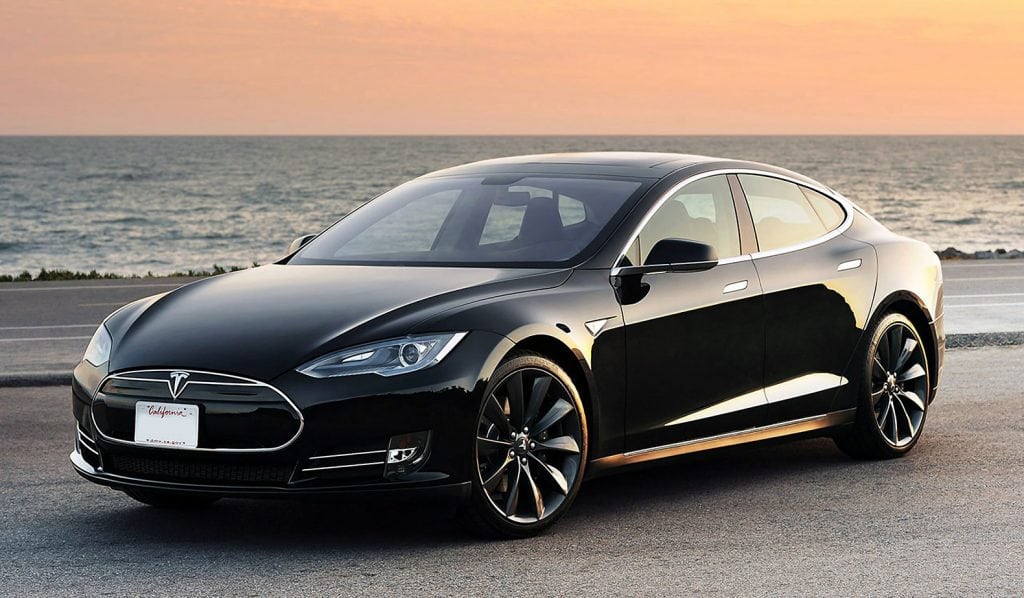 One of the most technologically advanced cars on the road today is the Tesla. Its autopilot technologies rely heavily on advanced computer systems and a number of sensors placed around the vehicle.
One of the most technologically advanced cars on the road today is the Tesla. Its autopilot technologies rely heavily on advanced computer systems and a number of sensors placed around the vehicle.
Hackers at DefCon 2015 also found security vulnerability in Tesla’s ‘infotainment’ system that allowed hackers to access the starting systems. While this hack did require access to the car itself, once in place, individuals with nefarious purposes could potentially cut power to the engine while you’re driving down the road.
Tesla responded to this discovery by mailing USB sticks to 1.4 million drivers with a patch that could be easily installed on their car’s computer.
Run Away Fleets
 Hacked cars aren’t just a problem for individual drivers — they present an enormous and potentially costly problem for companies that maintain a fleet of newer vehicles as well. Imagine finding a security hole that affects not just one car, but every machine in your fleet. These cars or trucks could disappear off your lot, and no one would be the wiser — but it would cost you thousands of dollars in vehicle replacement costs and lost revenue.
Hacked cars aren’t just a problem for individual drivers — they present an enormous and potentially costly problem for companies that maintain a fleet of newer vehicles as well. Imagine finding a security hole that affects not just one car, but every machine in your fleet. These cars or trucks could disappear off your lot, and no one would be the wiser — but it would cost you thousands of dollars in vehicle replacement costs and lost revenue.
If your fleet is full of newer vehicles, consider installing a hard-wired GPS tracker into each one. A hacker with access to your vehicle’s computer system could potentially spoof or disable your onboard GPS. By adding a hardwired secondary system, your chances of recovering a stolen vehicle are considerably higher.
Future Dangers
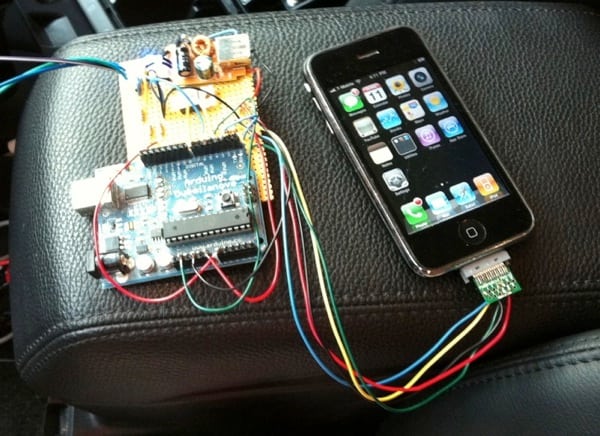 With these potentially dangerous hacks weighing heavily on our minds, is it time to switch to an older car model? Not necessarily. There are steps you can take to protect yourself, including:
With these potentially dangerous hacks weighing heavily on our minds, is it time to switch to an older car model? Not necessarily. There are steps you can take to protect yourself, including:
- Staying aware – Stay on top of new news about your vehicle’s make and model, and if there are any security updates that need to be installed, take care of them as soon as possible. In all of the examples we’ve mentioned so far, the manufacturer was able to engineer and release a patch as soon as the issue was discovered.
- Look for alternatives – In the case of the Jeep hack, the security flaw was found in the integrated entertainment system. Instead, look for cars with Android Auto or Apple CarPlay instead. Not only does this make it safer to enjoy your music, but it uses your phone’s security which is much more difficult to hack. Plus, there’s no WiFi or Bluetooth for hackers to use to get into your car’s systems.
Cars are inevitably going to become more advanced and more connected, so there is always the potential for security holes. The best thing we can do right now is to be vigilant, make sure our systems are always up to date and enjoy the ride!



